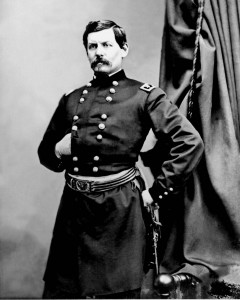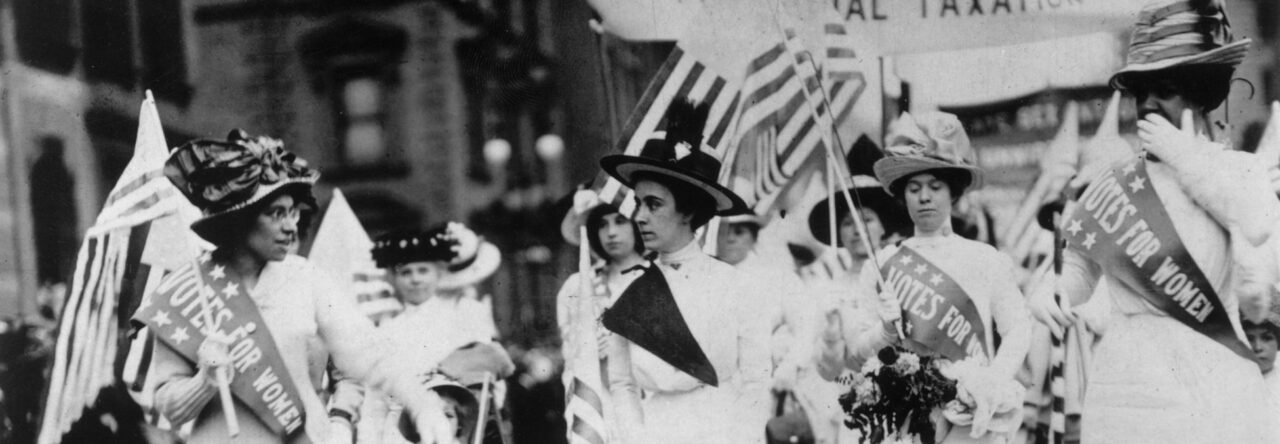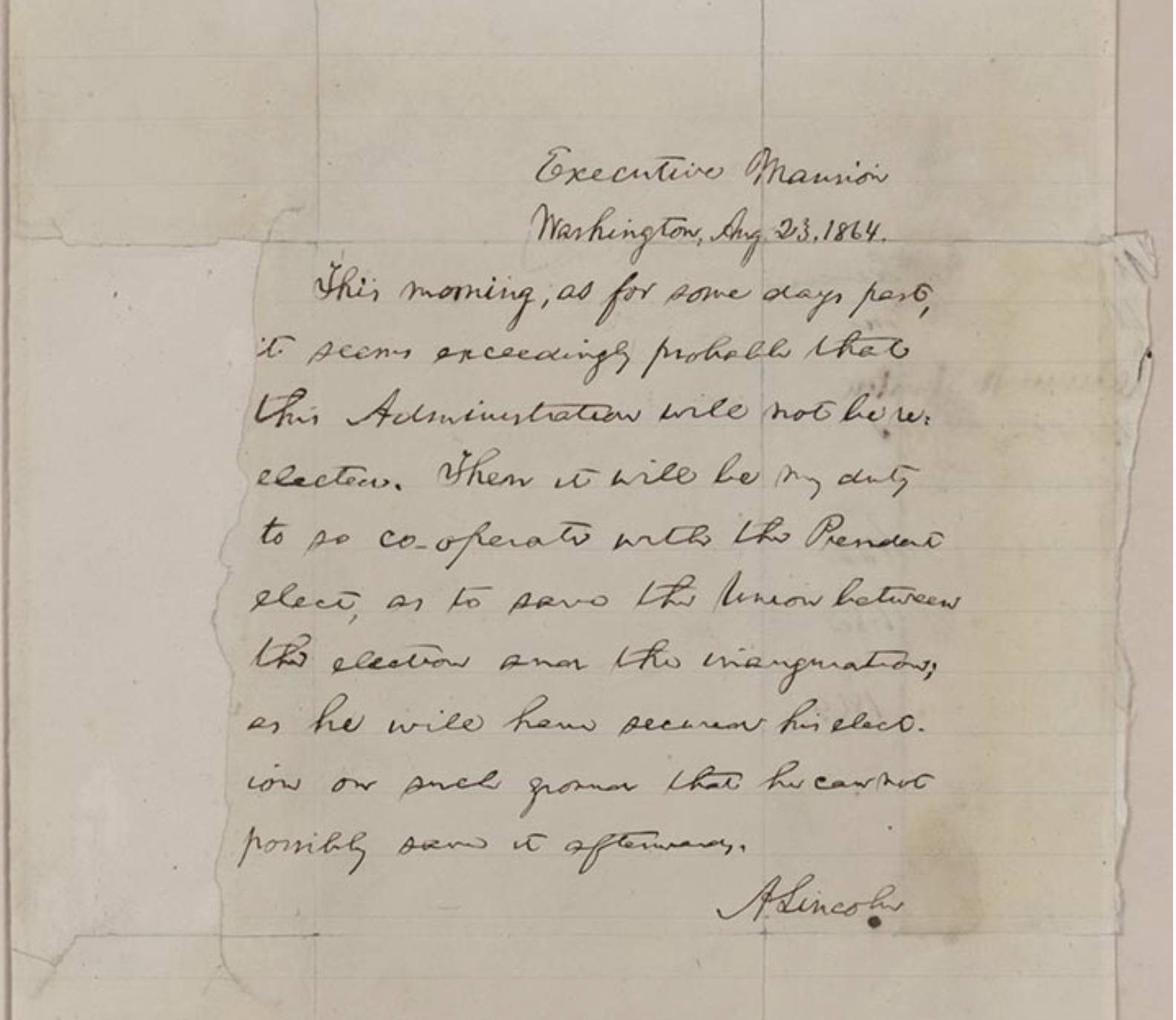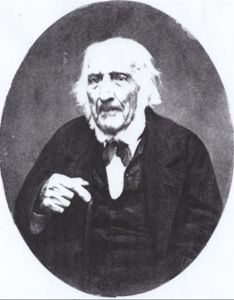“We cannot have free government without elections.”
—Abraham Lincoln, November 10, 1864
Douglass and the Election of 1864
In an especially intemperate outburst Douglass characterized Lincoln’s position as ‘Do evil by choice, right from necessity.’ –Oakes, p. 225
- Gave his own version of the Gettysburg Address in January 1864 called “Mission of the War” speech
- Radicals had mixed views on Lincoln by early 1864; see Anna Dickinson’s “Perils of the Hour” speech
- Possible radical alternatives to Lincoln included Treasury secretary Salmon Chase and Union general John Fremont
Timeline: Summer 1864
- June 8: National Union Party nominates Lincoln for president
- June 30: Lincoln accepts Salmon Chase’s resignation
- July 18: Lincoln releases peace terms in response to Horace Greeley
- August 14: Radicals meet in New York plotting to remove Lincoln
- August 19: Lincoln and Frederick Douglass meet for second time
- August 23: Lincoln drafts secret memo
- August 31: Democrats nominate McClellan
Lincoln’s Blind Memorandum
 Abraham Lincoln was re-nominated for president in June 1864 by the newly organized National Union Party with Democrat Andrew Johnson as his running mate. Yet on Tuesday, August 23, 1864, Lincoln wrote a secret memorandum that began, “This morning, as for some days past, it seems exceedingly probable that this Administration will not be re-elected.” He then proceeded to sketch out a plan for cooperation with the next President-Elect in the event of his own defeat. He did not know for sure at that time, but he anticipated that his successful partisan opponent might be General George McClellan, who would in fact be nominated by the Democrats in late August 1864 as their nominee for president.
Abraham Lincoln was re-nominated for president in June 1864 by the newly organized National Union Party with Democrat Andrew Johnson as his running mate. Yet on Tuesday, August 23, 1864, Lincoln wrote a secret memorandum that began, “This morning, as for some days past, it seems exceedingly probable that this Administration will not be re-elected.” He then proceeded to sketch out a plan for cooperation with the next President-Elect in the event of his own defeat. He did not know for sure at that time, but he anticipated that his successful partisan opponent might be General George McClellan, who would in fact be nominated by the Democrats in late August 1864 as their nominee for president.
- Consider a close reading of documents from the 1864 election, such as the blind memorandum, or the political party platforms, or some political cartoons from the 1864 campaign
Tuesday, November 8, 1864
-
Sturbridge, MA
-
Baptist deacon
-
Democrat
-
Voting for Washington and Lincoln (1864) and in every election in between except for 1860, when he was too sick to vote
-
F.W. Emmons wrote Lincoln about the episode on November 9, 1864
-
Phillips rode two miles with son Edward (age 79) to vote at town hall
-
AL responded on November 21, 1864 expressing his gratitude
-
Phillips image was featured in Harper’s, December 10, 1864 with short article


